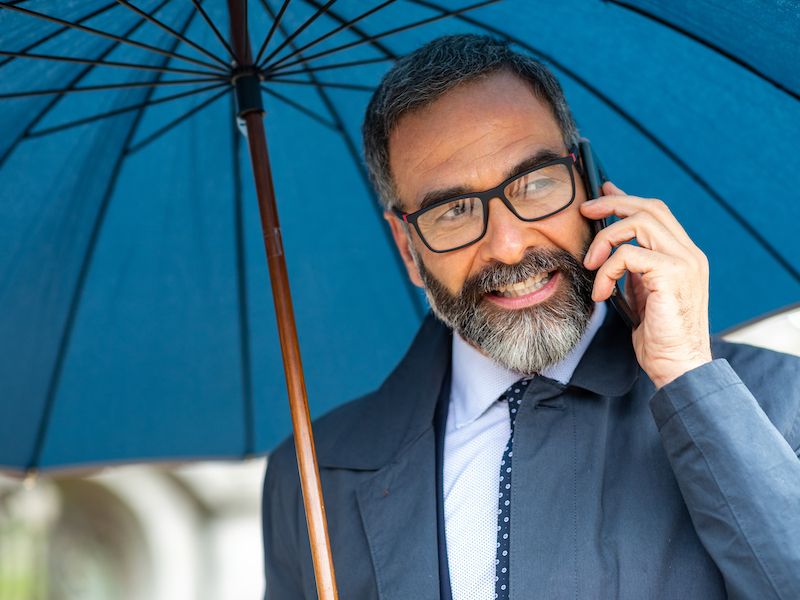
John’s having a hard time at work because he doesn’t always make out conversations. But he feels like it’s probably everyone else not speaking clearly. Besides, he thinks he’s too young for hearing aids, so he’s been procrastinating on seeking out a hearing professional, and hasn’t had a hearing test. Unfortunately, he’s been doing considerable harm to his ears by cranking up the volume on his earbuds. So, unfortunately, his denial has stopped him from seeking help.
But what John doesn’t recognize is that his viewpoints are antiquated. Hearing loss doesn’t carry the stigma that it used to. While in some groups, there’s still a stigma surrounding hearing loss, it’s much less pronounced than it was in the past, particularly with younger people. (Isn’t that ironic?)
What is The Harm of Hearing Loss Stigma?
Simply put, hearing loss has some social and cultural associations that aren’t always necessarily true or helpful. Loss of vitality and aging are oftentimes connected to hearing loss. People are commonly concerned that they could lose social standing if others recognize they suffer from hearing loss. Some might think that hearing aids make you seem older or not as “cool”.
You may be tempted to think of this stigma as a rather amorphous problem, isolated from reality. But for people who are trying to deal with loss of hearing there are some very genuine repercussions. Here are some examples:
- Putting of on hearing loss treatment (leading to unnecessary troubled and undesirable outcomes).
- Job setbacks (Maybe you were attending a meeting and you missed some essential information).
- Relationship setbacks (Your not just tuning people ot, you just can’t hear them very well).
- Difficulty finding employment (it’s sad to say, but some people may buy into the stigmas around hearing loss even if it’s not entirely legal).
There are quite a few more examples but the point is well made.
Luckily, changes are taking place, and It seems like the stigma of hearing loss is truly going away.
The Reasons For The Decline of Hearing Loss Stigma
There are several major reasons why hearing loss stigma is declining. Population demographics are changing and so is our connection to technology.
Hearing Loss is More Common in Youth
Younger adults are dealing with hearing loss more often and that could very well be the biggest reason for the decline in the stigma connected to it.
Most statistical research put the number of people with hearing loss in the U.S. around 34 million, which translates into 1 out of every 10 people. Most likely, loud sounds from many modern sources are the leading reason why this hearing loss is more common than it’s ever been.
As hearing loss becomes more prevalent, it becomes easier to understand the stigmas and false information concerning hearing issues.
We’ve Become More Familiar With Technology
Maybe you were concerned that your first set of hearing aids would make you look old so you resisted wearing them. But nowadays, technology is so pervasive that hearing aids virtually blend entirely in. No one really even sees them. In many cases, newer hearing aids are small and discrete.
But often hearing aids go unobserved because these days, everyones ears seem to have technology in them. Technology itself is simply so pervasive (and personal) that no one bats an eyelash when you’ve got a little piece of helpful technology yourself.
An Overdue Shift in Thinking
There are other reasons why loss of hearing has an improved image right now. Much more is generally comprehended about loss of hearing and there are even celebrities that have told the public about their own hearing loss conditions.
There will continue to be less stigma regarding loss of hearing the more we observe it in the world. Now, of course, we want to prevent loss of hearing in every way that we can. The ideal would be to change the trends in youth hearing loss while battling against hearing loss stigma.
But at least as the stigma goes away, more people will feel secure making an appointment with their hearing specialist and having regular exams. This will keep people hearing better and enhance overall hearing health.

